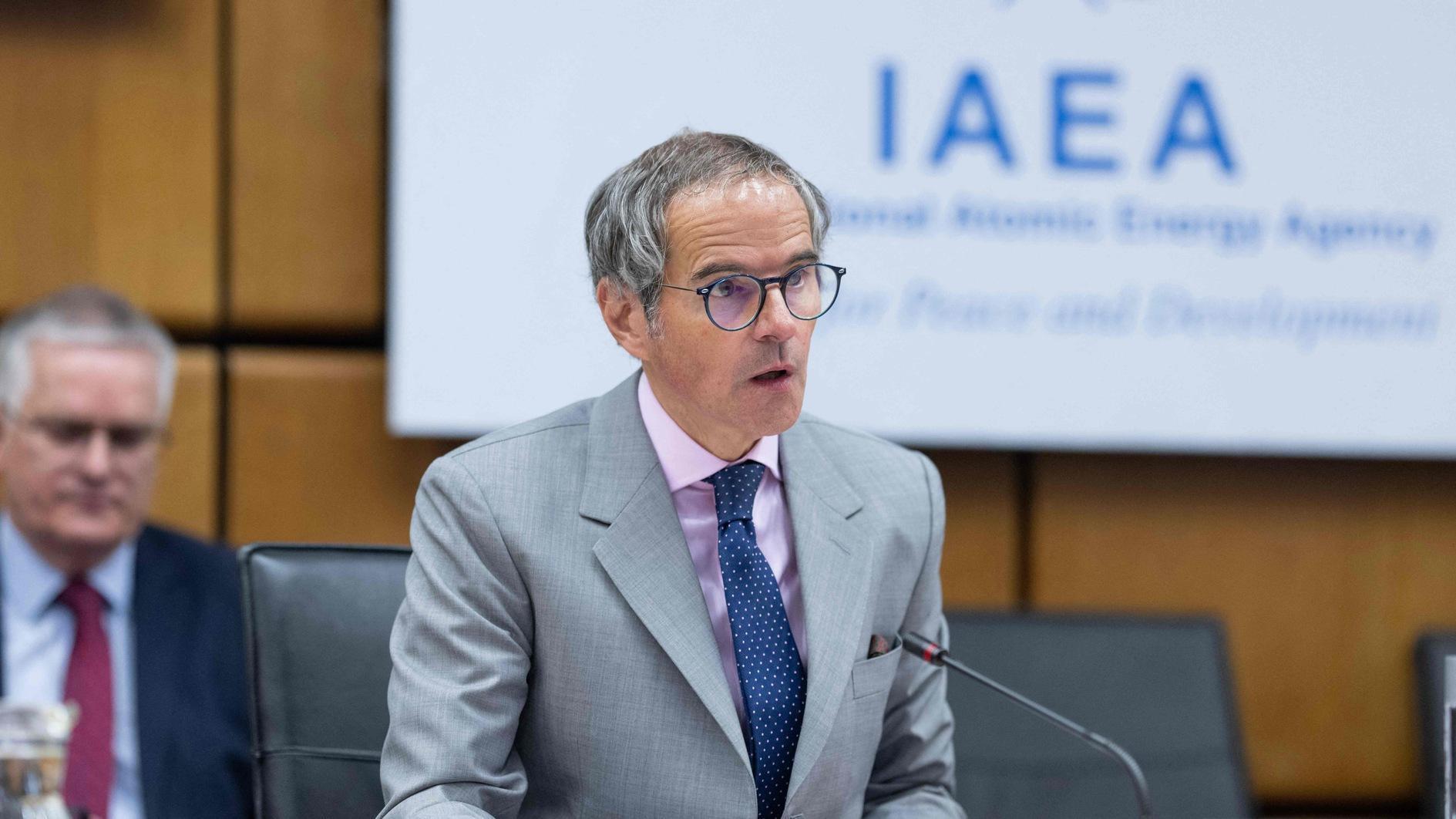Believe it or not! The PM admits manipulation
It may be hard to believe for Hürriyet Daily News readers living in Western democracies, such as Turkey’s NATO allies. Prime Minister Tayyip Erdoğan has not only admitted that he attempted to manipulate a court decision through his former justice minister and cancelled a military tender by manipulating a competition against the winning company, but he has also defended those moves as “natural.”
Debates have continued for the last two days about two separate telephone wiretaps, probably made illegally, regarding the two sets of allegations.
The first one was about two alleged telephone conversations between Erdoğan and his former Justice Minister Sadullah Ergin about a file in the Court of Appeals. The Capital Markets Board (SPK) had appealed against the acquittal of Aydın Doğan and the Doğan Group (which owns the Hürriyet Daily News) after Doğan upset Erdoğan enough to ask Ergin to use his influence on the Court to nix the acquittal ruling.
A statement released by the Doğan Group on March 4 said that “if correct, such a conversation will further shake the judicial system in Turkey beyond creating a personal grievance. We expect immediate proof that this conversation did not take place and that the recording is not real.”
On the morning of March 5, Erdoğan admitted that he had indeed asked the justice minister to pursue the court case. As he had heard some unpleasant stories about the case from the SPK, it was “only natural” for him to step in, he said.
The second group of recordings - released on March 4 - was made up of alleged phone conversations between Erdoğan and Metin Kalkavan, a businessman close to him. In them, Erdoğan allegedly advises Kalkavan to file a complaint against the Koç Group, which had won (and had already started to deliver) Turkey’s National Warship (MİLGEM) project. This despite the fact that Kalkavan had not officially applied for the tender. As a result, the project was taken from Koç, in a similar way that a giant ring road project for the third Istanbul bridge project in 2013 was taken from it.
In a March 5 speech, Erdoğan also admitted that intrusion, and justifying it by saying there was an incoming complaint and the price for the project - which was later handed to another company - was too low. (By the way, over the weekend Erdoğan had had a talk with Mustafa and Ali Koç, the owners of Turkey’s largest industrial group, after Mustafa Koç denied his accusations over his contacts with former ally, now archenemy Fethullah Gülen, the U.S.-based moderate Islamist scholar with a global network of sympathizers. Koç asked for “clean politics” in Turkey.)
Erdoğan was furious that his phone conversations have been thoroughly compromised and recorded. He is right in that sense. The tapping of a prime minister’s telephones is a crime in all countries.
Turkish intelligence sources assume that all conversations on phones encrypted by TÜBİTAK (Turkey’s technology and research agency) may have been compromised, recorded and sent abroad through Gülen sympathizer experts. This could be accepted by no government on earth.
However, to manipulate courts in democracies and to manipulate trade deals in market economies could also not be accepted.
So why is Erdoğan acting so boldly in admitting these manipulations? The answer lies in his understanding of democracy and his over-confidence in his voters.
He believes that his Justice and Development Party (AK Parti) is going to secure the most votes in the March 30 local elections, which would clean him of all allegations of corruption, with no further need for independent courts.
This bold attitude fuels worries that voting in Turkey is turning into a sort of majoritarianism where the elected leader tends to assume all three powers of the state on himself. The conflict between Erdoğan and Gülen, which surfaced after the Dec. 17 graft probes, is poisoning Turkish politics.











